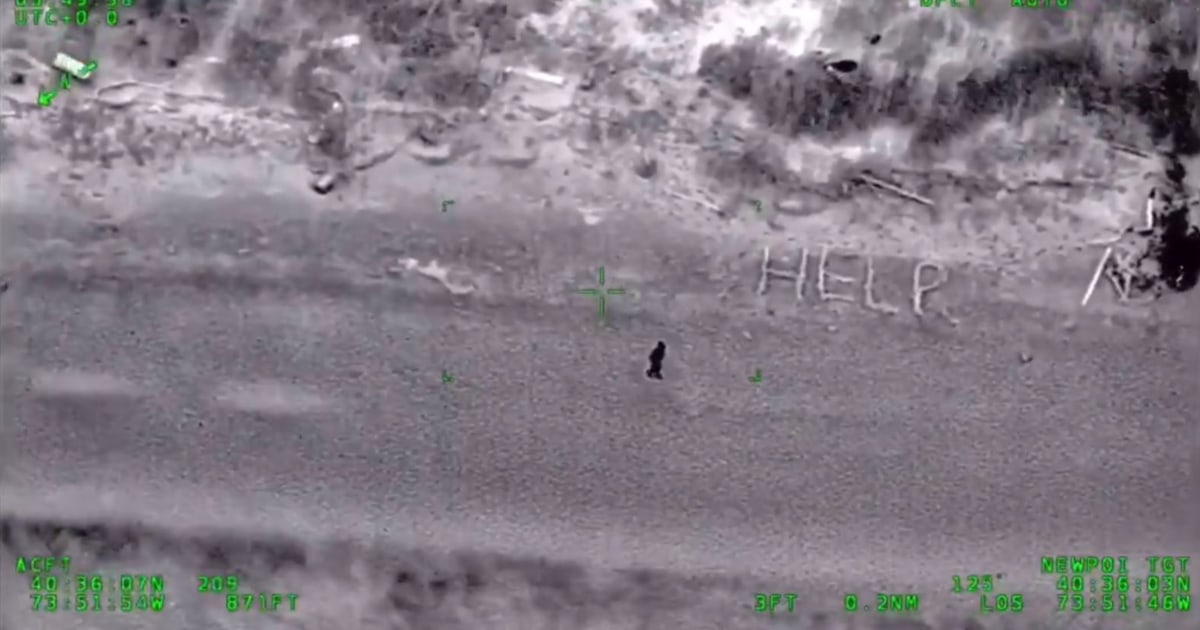This article mainly discusses the rescuing of hikers, but the principle and question apply equally to canoeists who have to be rescued. Should those rescued have to pay the costs of the rescue, or should those costs be funded by the entire tax base as police and fire department costs generally are?

 www.nytimes.com
www.nytimes.com
Some quotes from the article:

You Got Lost and Had to Be Rescued. Should You Pay?
The coronavirus pandemic sent a surge of inexperienced hikers into the wilderness. Many ran into trouble. Now states are looking to bill them for costly search and rescue operations.
Some quotes from the article:
The coronavirus pandemic has led to a surge of inexperienced hikers venturing into the outdoors. And that in turn has increased the pressure on search and rescue teams, as well as the costs. Increasingly, states are looking for ways to penalize people who take unnecessary risks. But some question whether these laws might also discourage people from seeking help soon enough after putting their lives at risk because of an honest mistake.
New Hampshire passed a law in 2008 that allowed it to seek reimbursement if state officials deemed that a rescued person was negligent.
. . . .
Five other states — Hawaii, Idaho, Maine, Vermont and Oregon — have similar laws allowing them to bill people for the cost of rescues in certain situations.
Hawaii has two bills pending that would allow search and rescue operators to seek reimbursement from those who strayed from hiking trails or intentionally disregarded a warning or notice, then had to be rescued.
And South Dakota passed a law to help offset search and rescue costs. In March 2020, Gov. Kristi Noem signed Senate Bill 56, allowing rescue agencies to charge each person as much as $1,000.

